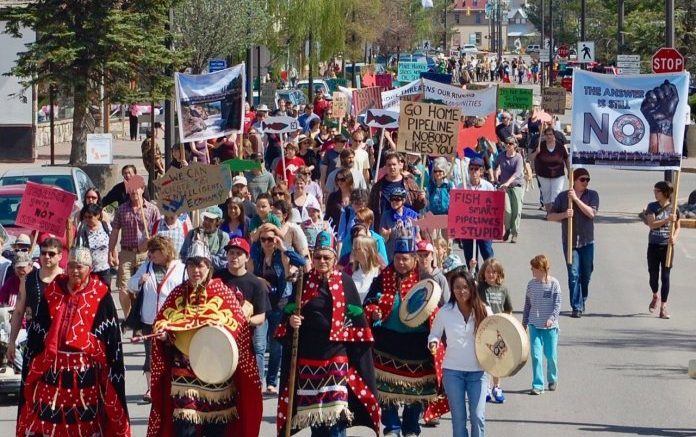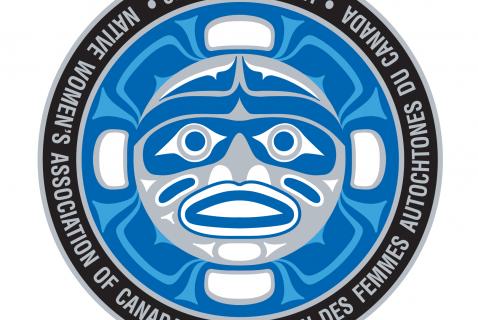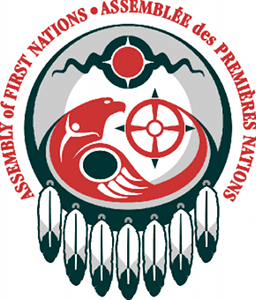by Jake Cardinal
(ANNews) – Earlier this year, the world saw a David and Goliath battle happening in Wet’suwet’en between its Indigenous inhabitants and Big Oil [Coastal Gaslink]. After a lengthy stand-off lasting many months, a Hereditary Chief was arrested by RCMP in February 2020, and Canada came very close to hell.
David and Goliath
As a direct result of the corporate giant’s treatment of the Wet’suwet’en people, many other protests erupted across Canada. Eastern Canada was essentially shutdown due to railway blockades happening across the Great White North.
While Canada was going through a “difficult week,” as said by Prime Minister Trudeau, a rail blockade was set up in Edmonton, Alberta.
“At around 4 a.m., the blockade was set up in the Winterburn Industrial Area near Acheson, Alta., south of Highway 16 along 231 Street. The area is on the very western edge of the Edmonton city limits,” reported Global News.
The blockade lasted a few hours and when 2 p.m. arrived, counter-protesters showed up and started to dismantle the blockade set up by the land defenders; by 3 p.m. the blockade ceased to exist.
And while this was all happening, the Kenney Government sat watching.
Alberta Loses $70 Billion Dollars
On February 23, 2020 CBC reported that Vancouver-based Teck Resources Ltd., withdrew its application to build a massive oilsands project in northern Alberta, citing the ongoing debate over climate policy in Canada.
“We are disappointed to have arrived at this point,” CEO and president Don Lindsay wrote in a letter addressed to federal Environment Minister Jonathan Wilkinson, posted to the company’s website Sunday evening. “Teck put forward a socially and environmentally responsible project that was industry leading and had the potential to create significant economic benefits for Canadians.”
Lindsay believed that customers wanted policies that minimized environmental destruction and climate change, which is something that he said the “region has yet to achieve.” Whether he was talking about Canada or Alberta is unknown.
The company said the project would have created 7,000 construction jobs, 2,500 operating jobs, and brought in more than $70 billion in government revenue.
Who did Kenney blame for this huge loss of revenue? The protesters, “virtual anarchy,” and “chaos.”
The Kenney Government’s Response
Bill 1, also known as the Critical Infrastructure Defence Act, came into effect on June 17, 2020.
This Bill sees that all “essential infrastructures” are protected from any Albertan civilian entering, obstructing, and/or interfering; anyone found in breach of these laws will face devastating fines and/or jail time.
As for the specifics of the punishments, Bill 1 states:
“In the case of an individual: for a first offence, to a fine not less than $1000 and not exceeding $10 000, or to imprisonment for a term not exceeding 6 months, or to both a fine and imprisonment.
“For a 2nd or subsequent offence in relation to the same premises, to a fine not less than $1000 and not exceeding $25 000, or to imprisonment for a term not exceeding 6 months, or to both a fine and imprisonment.
“And in the case of a corporation, to a fine not less than $10 000 and not exceeding $200 000.”
The Bill also allows for police officers to arrest anyone deemed in violation of the new laws without a warrant.
Hypothetically, if sidewalks are considered “essential infrastructure” [which they are], then an officer can deem you a “protestor” and have you arrested without any cause.
What is Essential Infrastructure?
According to the Alberta Government, the definition of “essential infrastructure” is not a simple matter. Due to the amount of things deemed “essential infrastructure,” it would be more informational for readers to view the Bill itself.
The Government of Alberta’s definition is as follows:
“Essential infrastructure” means any of the following:
[1] A controlled area, installation, manufacturing plant, marketing plant, pipeline, processing plant, refinery, road or road allowance as defined in the Pipeline Act; [2] a heavy oil site, mine, oil production site, oil sands site, pit, private utility, privately owned development, quarry, storm drainage system, telecommunication line, transmission line, waste management facility, wastewater system, watercourse or waterworks system as defined in the Environmental Protection and Enhancement Act; [3] a provincial highway, transportation facility, transportation system or urban rail transit system as defined in the Highways Development and Protection Act…
The list goes on for 13 more definitions. (I highly suggest you take a look at what is considered “essential infrastructure” as this knowledge could mean the difference between your “freedom” and 6 months of jail time.)
The Responses
This Bill has unsurprisingly sparked an outrage among many Albertans.
The Alberta Union of Provincial Employees [AUPE] is taking the Albertan Government to court over the Bill, which the AUPE says violates the Charter of Rights and Freedoms. AUPE says that the Critical Infrastructure Defence Act breaches freedom of expression, freedom of assembly, and freedom of association—all of which, are protected by the Charter.
Guy Smith, president of the AUPE, said his union is fully prepared to fight the case all the way to the Supreme Court of Canada. “As we know, peaceful protest is a cornerstone of our democracy, keeps our democracy active, and it should be protected,” he said. “And here you have those folks being turned into criminals and having their life, liberty and justice or security denied them. The union is there for its members and obviously will protect them if something happens as a result of this piece of legislation,” he said.
Marlene Poitras, Assembly of First Nations Regional Chief for Alberta, said in a statement,
“Allowing the bill to pass will serve to erode individual rights, unfairly target Indigenous Peoples, and has no place in a democratic society, and I urge Premier Kenney to rescind it.”
AFN also released in a statement that, “Under the Canadian Criminal Code, peaceful protest is currently allowed to block transportation routes. First Nations people across the land are using peaceful protest to support the Wet’suwet’en, recognizing that their laws give hereditary chiefs authority over their lands.”
Piikani First Nation Chief Stan Grier said Kenney’s justification for the bill — Teck’s pullout — is shaky. “Teck’s announcement highlights shifting global markets and the need for environmental regulatory frameworks that reconcile resource development and climate change, something that is now lacking in Alberta,” he said in the AFN statement. “The only path forward is through peaceful dialogue and mutual respect.”
Alberta Justice Minister Doug Schweitzer said Albertans “will not be held economic hostage by illegal blockades,” and urged other justice ministers to adopt similar legislation.
Jake Cardinal is Local Journalism Initiative reporter for Alberta Native News.






Be the first to comment on "Everything you need to know about Alberta’s Bill 1"